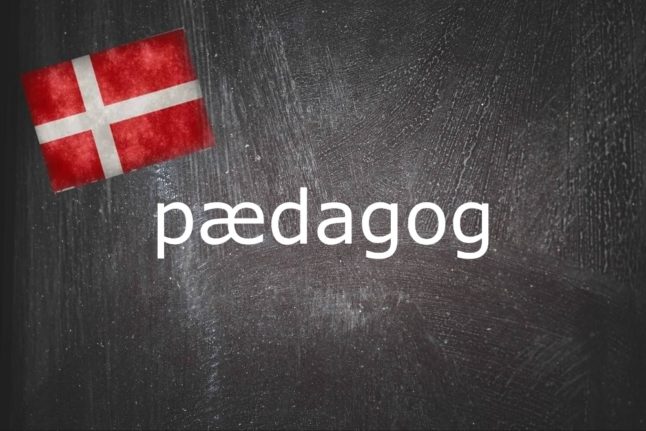What is forår?
The noun forår is Danish for spring, the season between winter and summer that many people in Denmark start longing for from, say, November onwards.
It is a compound of two words: the preposition for, meaning ‘in front of’ or ‘on the front of’; and år, which means year.
Springtime is popularly considered in Denmark to be the months of March, April and May and the spring equinox around March 20th marks the astronomical start of spring.
But Denmark’s meteorologists don’t declare spring to have begun until the temperatures meet a specified range.
READ ALSO: When is it really spring in Denmark?
To qualify as meteorological spring, the temperature in degrees Celsius must keep up with the time in hours until noon: 8°C at 8am; 9°C at 9pm and so on until noon, when it should be 12°C, as explained by meteorological agency DMI.
Why do I need to know forår?
Most people probably think of foråret as having begun when the grey skies have cleared, the sun has appeared, and people in Denmark start to come out as if from a long hibernation.
With those first hesitant sun rays or forårssol (spring sunshine), masses take to the streets, start barbecuing in public parks, drink coffee on cafés’ outdoor seating.
Others have their ritual forårsrengøring, their big springtime clean-up, inside their homes or outside in the yard.
For some, forår means the onset of their pollenallergi or hay fever. For others, it mostly marks the northbound flight of migratory birds.
It’s interesting to note that Danish has a different word for the season of spring to Swedish and Norwegian, where it is called vår, a word thought to originate from the Low German vorjar, meaning “the first part of the year”.
Examples
Nu er det endelig blevet forår.
Finally, the spring is here.
Det er klassisk dansk forårsvejr, når det hele tiden skifter mellem solskin og regnvejr.
It’s classic Danish spring weather when it’s constantly changing between sunshine and rain.



 Please whitelist us to continue reading.
Please whitelist us to continue reading.
Member comments